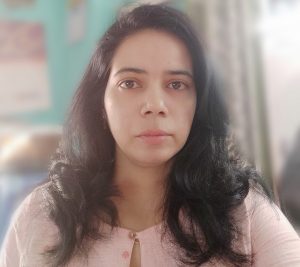Wageningen University
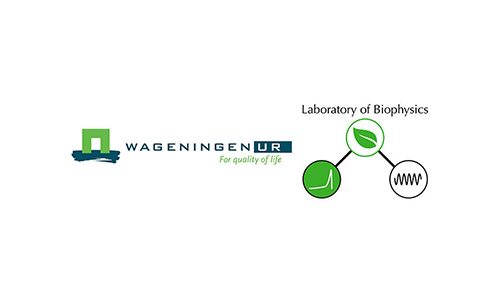
Wageningen University is a leading knowledge organization in the domain of ‘healthy food and living environment’. Under the leadership of Dr Jeremy Harbinson, Wageningen University will coordinate CAPITALISE. The team brings expertise on plant photosynthesis phenotyping and natural genetic variation for photosynthesis.
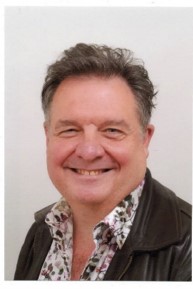 Introducing our project coordinator –
Introducing our project coordinator –
Dr Jeremy Harbinson
My PhD was on the ecophysiology of broad-leaved evergreens growing in the cool-temperate climate of the eastern England and that required me to make measurements of their photosynthesis. At that time (1980 – 1984) moving beyond leaf-level gas exchange measurements to more thylakoid-level processes required in vitro work and that was not (and still would not be) easy with tough, often phenolic-rich evergreen leaves. So I tried working with the then rather specialised biophysical techniques based on chlorophyll fluorescence and light-induced absorbance changes. Developments in electronics (photodiodes, LEDs, low noise FET-input op-amps, DG series solid state switches etc) were making these biophysical techniques practical for more or less routine use. I spent nearly a year failing to get a good fluorescence signal with what was very rudimentary equipment, but then in September 1981 I succeeded and that was the beginning of my life with chlorophyll fluorescence. I built a modulated system first for light-induced absorbance changes at 820 nm and then used that for fluorescence. I also built a system for 520 nm light-induced absorbance changes (non-modulated in those days). All of these things I began to apply to my leaves to try and find out how their photosynthesis worked; I have been doing this more or less ever since. A never-ending circus of better electronics and protocols, and of course leaves which hopefully will reveal their magic to the machines built to probe their physiology.
After my PhD I spent 6 years at the John Innes Institute in Norwich, UK, after which I moved to Wageningen (1990),and am now in the Biophysics group. From my PhD onwards I have been lucky to have had people like Ian Woodward, Cliff Hedley (at the JII) and others who have given me the space and support to do my thing. Over last 40 years the technology for making the instruments we need and our understanding of how photosynthesis works has changed tremendously, but the challenges remain. Leaves and photosynthesis did not evolve to talk to us – there is no USB port to contact the photosynthetic system. We still have to conceive of the machines that can look into the leaf in the first place and then unravel the signals produced by these machines to obtain some kind of understanding from the babble of reactions. But step-by-step we disentangle signal from noise and learn more. Thus we can measure the movement of electrons and protons, all driven by sunbeams and be glad that photosynthesis is fun.
Dr Laavanya Rayaprolu,
Laavanya is a postdoctoral researcher at the Wageningen University and research is working closely together with Profs. Jeremy Harbinson and Mark Aarts. She is interested in plant phenotyping and exploring genetic variation for photosynthesis in diverse plant populations.
In CAPITALISE Laavanya will be focusing on phenotyping tomato datasets by high throughput phenotyping for photosynthesis followed by the identification of potential genes involved in reinforcing photosynthesis under multiple environmental stresses.
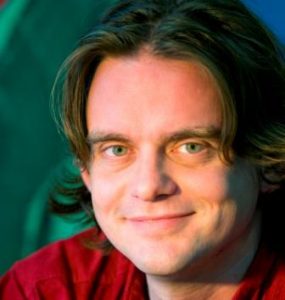 Dr Arnout Fischer
Dr Arnout Fischer
The Marketing and Consumer Behaviour (MCB) group led by Dr Arnout Fischer bring social science research expertise into citizen engagement with innovations leading to sustainable agriculture, food production and consumption. This group will lead on societal issues including stakeholder engagement, environmental and socioeconomic impact of MoVaPs. ‘Photosynthesis 2.0’ initiative to exploit photosynthesis as a means to improve crop yields has been driven by this team
Dr Arnout Fischer is associate professor in consumer response to new technologies in food and food production with the Marketing and Consumer Behaviour group of Wageningen University. He brings expertise in social science research into citizen and consumer engagement with innovations leading to sustainable agriculture, food production and consumption. He has published several scientific papers on societal acceptance of gene technologies since 2008. His personal interest is how consumers based on whatever knowledge they have around a new technology combine emotions, rules of thumb and more elaborate trade-offs into an overall understanding of new technologies in foods. Arnout Fischer leads the workplace on societal issues including stakeholder engagement, environmental and socioeconomic impact of MoVaPs.
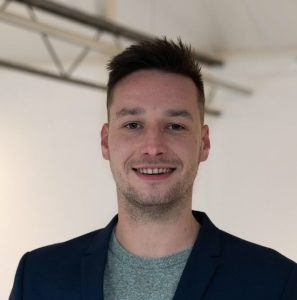 Paul Nales
Paul Nales
Paul Nales, MSc, is working closely together with Arnout Fischer on consumer acceptance within Capitalise. Paul is a PhD candidate at Wageningen University, at the Department of Marketing and Consumer Behaviour. He has a Bachelor degree in Business Administration and graduated as a Master of Science in both Strategic Management and Social Psychology. Before starting as a PhD, Paul gained experience as a social psychologist in practice, helping both society and organisations improve their operations through behavioural change.
His personal interest is to understand how consumers perceive new and different food technologies and what underlying mechanisms drive their behaviour towards these technologies. Paul aims to gain his PhD based on his work in Capitalise.
Prof. Mark Aarts brings (molecular) genetic analysis expertise of plant adaptation with a focus on natural genetic variation in photosynthesis efficiency in plants and application of this for improvement of crops. Dr. René Lankhorst is a Senior Scientist and Managing Director of the Dutch national research program on photosynthesis research (see www.biosolarcells.nl) the Coordinator of the CropBooster-P project. Wageningen University has a toolkit of photosynthesis measurement tools, pioneered the use of chlorophyll fluorescence imaging in high-throughput automated applications and now lead the new Netherlands Plant Eco-phenotyping Centre (NPEC).
